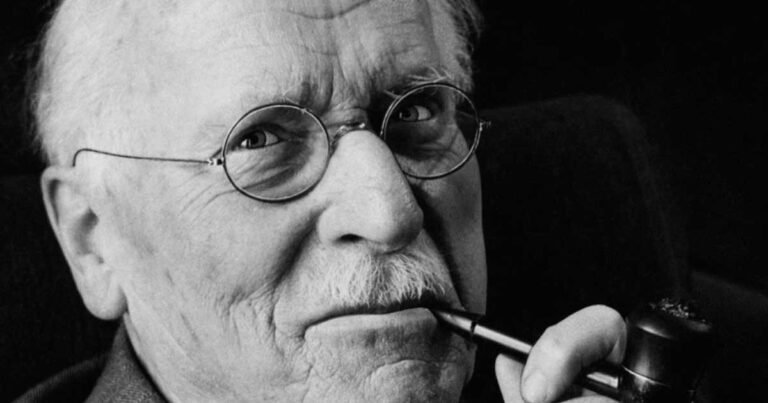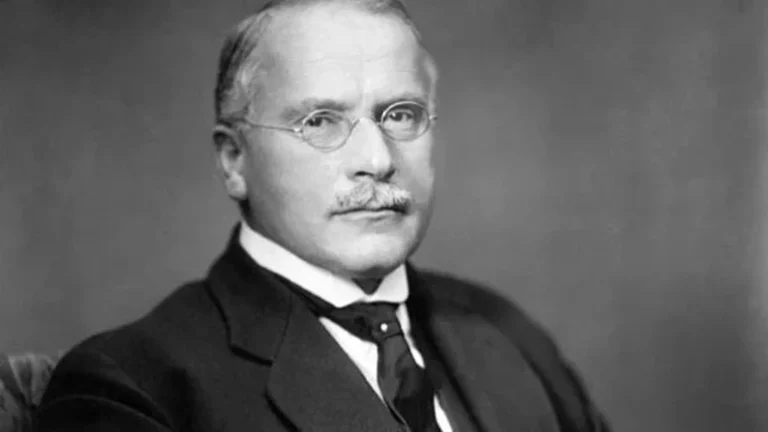Carl Gustav Jung: A Deep Dive into the Life and Work of a Psychology Genius

Who Was Carl Gustav Jung?
Carl Gustav Jung (1875–1961) was a Swiss psychiatrist, psychotherapist, and thinker who forever transformed our understanding of the human mind. As the founder of Analytical Psychology, Jung introduced powerful concepts like the collective unconscious, archetypes, the shadow, persona, and individuation — ideas that continue to influence psychology, spirituality, literature, and art.
His Journey and Influences
Jung began his career deeply influenced by Sigmund Freud. Though initially close collaborators, philosophical differences — especially regarding the unconscious — led to a major split. While Freud saw the unconscious as a reservoir of repressed desires, Jung believed it also housed ancient wisdom and universal patterns.
He drew heavily from mythology, alchemy, Eastern philosophy, and mystical traditions, blending these elements into a rich psychological framework.
Core Concepts of Jungian Psychology
Collective Unconscious: A deep layer of the unconscious mind shared by all humans, filled with symbolic structures known as archetypes.
Archetypes: Universal, recurring images or themes that shape our inner and outer experiences (e.g., the Mother, the Hero, the Shadow, the Wise Old Man).
The Shadow: The unconscious aspect of the personality — all that we deny, hide, or repress.
Persona: The “mask” we wear to interact with society — a socially constructed self.
Individuation: The process of integrating all aspects of the self to become whole and authentic.
Jung’s Impact Beyond Psychology
Jung’s influence goes far beyond therapy rooms. His ideas shaped literature, film, spirituality, and the arts. Writers like Hermann Hesse and Joseph Campbell were inspired by his work. Filmmakers such as George Lucas (Star Wars) and Christopher Nolan (Inception) wove Jungian themes into their storytelling.
In spiritual circles, Jung is revered for bridging science and soul. He saw dreams, symbols, and synchronicities as meaningful — not just psychological, but sacred.
Criticism and Controversy
Some critics argue that Jung’s methods are too mystical or unscientific. Nonetheless, his ideas have stood the test of time, finding resonance among therapists, artists, and seekers of personal growth who crave a deeper understanding of the psyche.
Legacy and Relevance Today
Jung taught that true healing comes from knowing the self — not just fixing symptoms. His work urges us to explore our depths, face our shadows, and embrace our full humanity. In a world of surface-level distractions, Jung calls us back to the soul.

References
Jung, C.G. (1961). Memories, Dreams, Reflections
Jung, C.G. (1964). Man and His Symbols
Campbell, J. (1949). The Hero with a Thousand Faces
Edinger, E. (1992). Ego and Archetype
Hillman, J. (1975). Re-Visioning Psychology
Author’s comment
Jung wasn’t just a psychologist — he was a soul guide. He taught us that the unconscious is not a place to fear, but a realm to explore. In every dream, in every conflict, in every symbol, lies a message from the deeper self. Jung’s legacy is a reminder that wholeness isn’t perfection — it’s integration. And the journey inward is the most heroic of all.